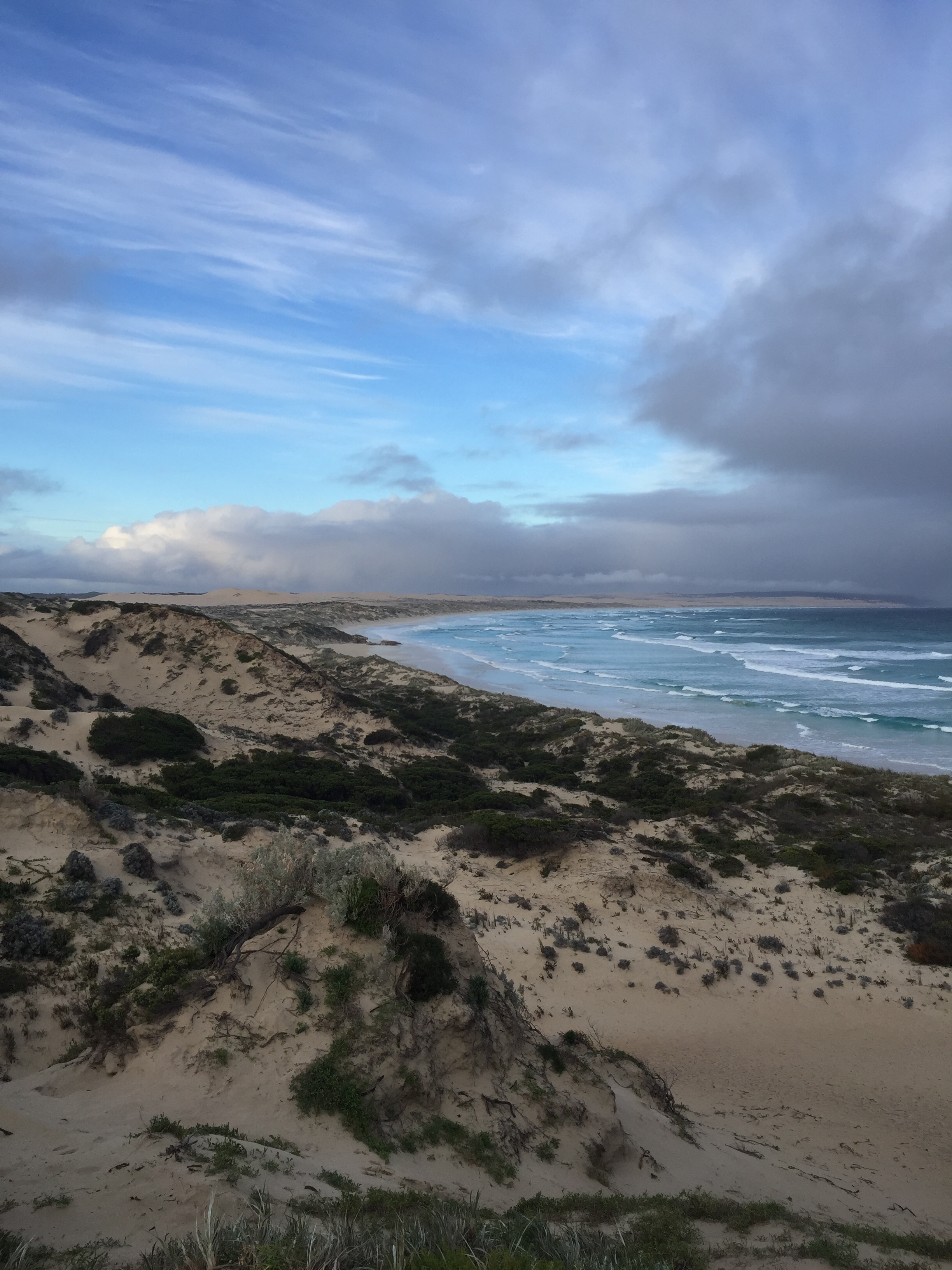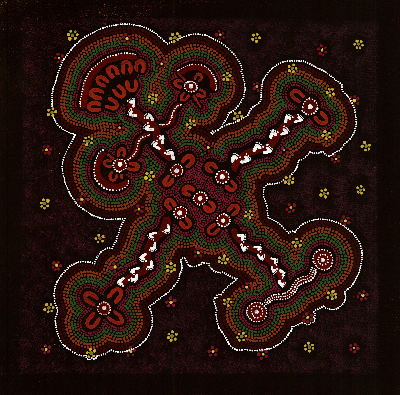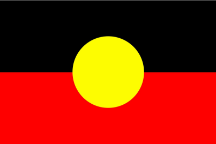Out and About with Annie Kent
HIPPY Australia's First Nations Advisor
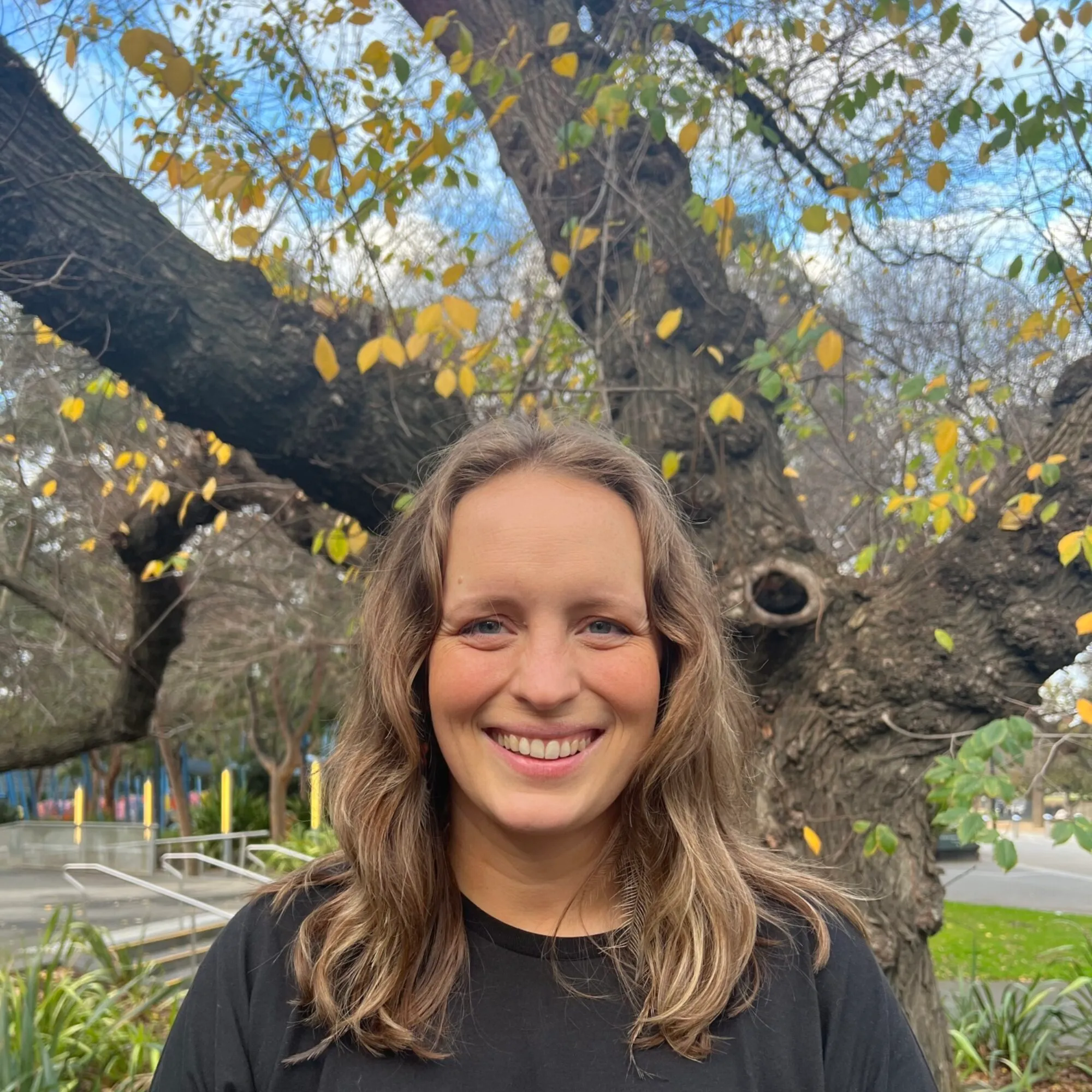
Walking alongside: Annie on cultural authority, community-led change, and the quiet leaders who shape her thinking
Annie Kent is a proud Wirangu woman with ties to Wadawurrung mob, and as HIPPY Australia's First Nations Advisor, she brings a profound commitment to community-first leadership and cultural authority.
Raising two young daughters on Wurundjeri Country with her partner Nick, Annie's journey spans disability, education, youth and community projects, from her early days as a Primary Teacher to her current role collaborating to improve outcomes for First Nations communities.
Her leadership is shaped by those who lead quietly, listen deeply, and build others up while walking alongside them.
Whether she's facilitating community consultations, engaging with the Together for Treaty movement, or simply sitting quietly on Country, Annie's work is grounded in the belief that true fairness requires genuine power-sharing and cultural authority in decision-making.
We spoke with Annie about her journey, her vision for HIPPY's work with First Nations communities, and what leadership means in this space.
You describe yourself as having ties to both Wirangu and Wadawurrung mob, now raising your daughters on Wurundjeri Country. How does your personal journey influence your approach to strategy and culture within HIPPY?
My journey has always been about community first. I grew up in spaces where you couldn't separate culture from survival, and that shapes the way I lead now. In HIPPY, strategy and culture can't be just about efficiency or growth, they have to be about responsibility, to families, to Country, to the next generation.
Leadership in this space is about listening deeply, holding space for truth, and making decisions that move us toward self-determination. For me, it's not about being at the front, it's about walking with people and keeping us steady on that path
You attend and present at sector events, representing HIPPY as a thought leader.
What's a recent insight from the sector that you believe is critical for the HIPPY network to understand?
I was lucky enough to attend the recent SNAICC National Conference, one thing that has stayed with me was I was really affirmed by the conversations about embedding cultural authority in early years services.
This has always been central to my approach, so it resonated strong and clear in me. It's not enough to have cultural awareness training or a Reconciliation Action Plan (RAP) on paper, the system must trust Aboriginal knowledge and let it lead.
What came through strongly was something I already see across the HIPPY Network: families feel stronger when services are accountable to community and culture, not just to funders.
For me, it reinforced the importance that HIPPY in practice is not only delivering a program but also strengthening identity, language, and cultural safety, because that is what builds true belonging and resilience
Another space that has shaped my thinking is the work of the First Peoples' Assembly of Victoria and the common threads mob with the Together for Treaty movement.
These leaders are showing us that cultural authority is not symbolic. It is a living system of governance that can, and should, shape how services are delivered.
For me, this reinforces that our sector work must be in step with Treaty, centering First Peoples' authority and creating the structures for it to thrive.
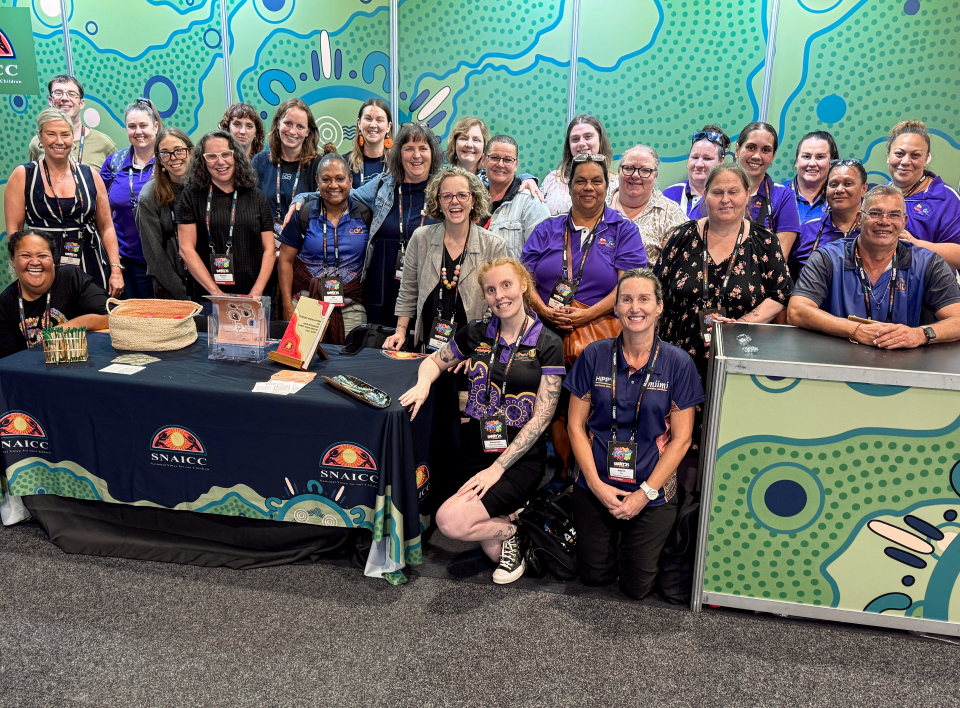
HIPPY's mission is about creating a fairer society. What's the single most critical systemic change needed right now to better support Aboriginal families and children in the early learning space?
The single most critical systemic change we need right now is a genuine shift of power and decision-making into the hands of First Nations people. This year I've overseen many community consultations, and what we have heard consistently is that families don't want more layers of bureaucracy or tokenistic engagement – they want their voices respected and acted on.
It's not a lift and shift funding solution; it's about trusting the people inside our communities to have a genuine say on what model works for them and how to shape the programs that are owned by them.
"In Victoria, the Treaty process is showing us that when you put authority in the hands of First Peoples, decisions are more just, more sustainable, and more connected to culture. If we are serious about fairness, then systems must stop holding the power and start making space for our mob – because only then will our children be raised in places that honour who they are"
Leadership is a continuous journey.
Who, or what, has recently shaped your thinking about leadership and community empowerment?
The people who shape my thinking most are not always the ones on a stage, they're the Auntys I sit with over a cup of tea, the quiet but fierce leaders in community who hold so much wisdom, and the younger mob who bring energy and vision that keeps me hopeful.
I'm inspired equally by the activists who speak truth to power and the strategic thinkers who make change behind the scenes.
Across the HIPPY network I see strong First Nations leadership in many forms, and it reminds us all that leadership is not about profile, it's about responsibility, care, and courage. That's what keeps me steady and that's what I want to nurture in others.
And to be honest, with two very young girls, most of the books I'm reading these days aren't exactly high-level leadership texts – they're picture books. My girls' favourite right now is Can You Dance? by Sally Morgan, and there's something joyful in that too. Those simple moments of play, rhythm and story remind me why this work matters, it's all about creating a world where our kids can grow strong, proud, and free to dance in their own way
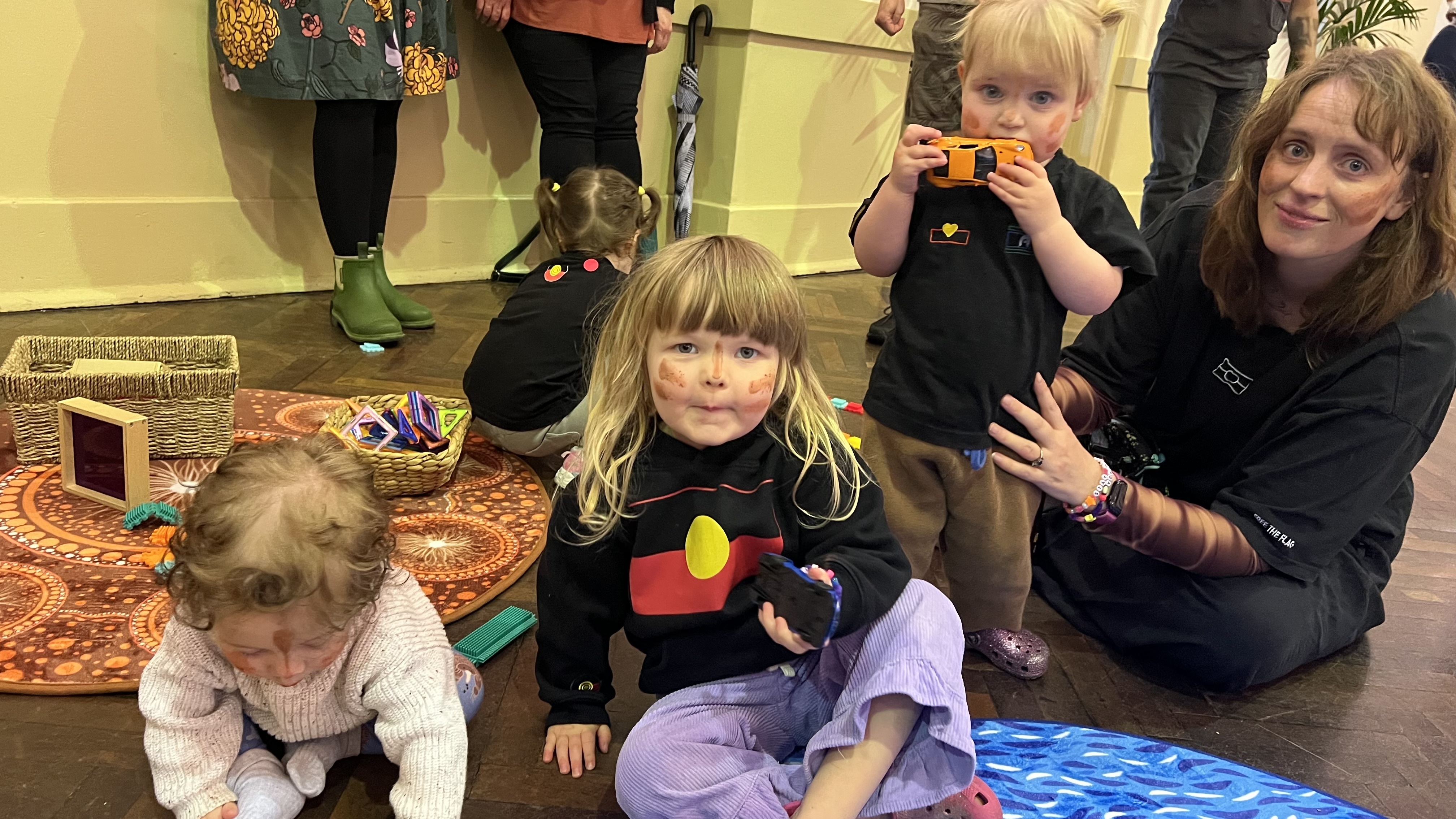
How do you actively work to ensure everyone feels they belong, are heard, and are empowered in the HIPPY National Office?
In the National Office, I put a lot of focus on celebrating the small moments and the everyday wins. Growth doesn't just come from the big milestones, it comes from people feeling safe to try, to learn, and to build their confidence over time.
I want our workplace to be one where everyone feels encouraged to step in, even when they are unsure, because too often I see allies hold back out of fear of making a mistake. But when people invest in listening first and take that step, it can lead to the most beautiful relationships, working alongside mob with honesty and respect.
My role is to create that environment of trust, where each perspective carries weight, and where belonging comes not from perfection, but from being willing to grow together

Around the Grounds December
Around the grounds DEC2025
In the National Office November
Who's who at HANO

